#Sarunas Bartas
Text

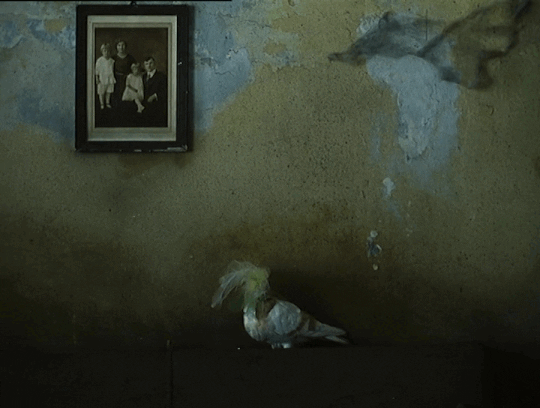
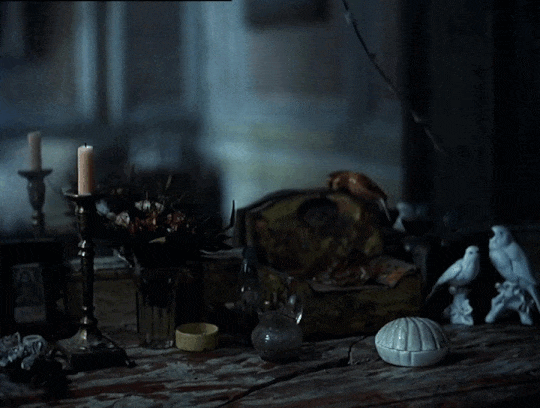
Šarūnas Bartas, {1997} A Casa (The House)
#film#gif#Šarūnas Bartas#a casa#the house#sarunas bartas#sharunas bartas#1997#photos in films#pigeons#birds#interiors#mirrors#flowers#1990s#no people#feature length#male filmmakers#lithuania#portugal#france#colour
50 notes
·
View notes
Text



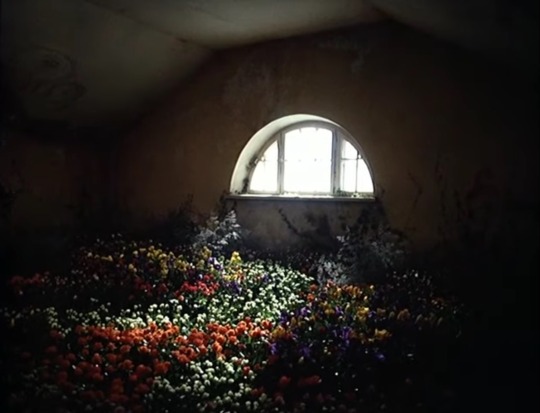
The House (Sarunas Bartas, 1964)
22 notes
·
View notes
Photo
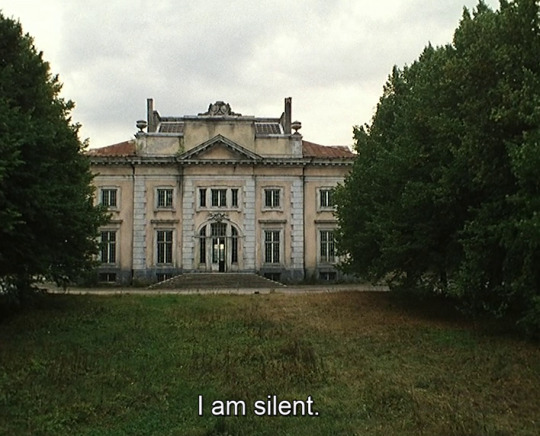
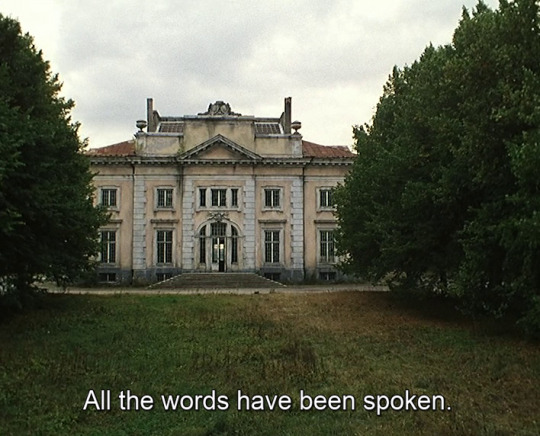
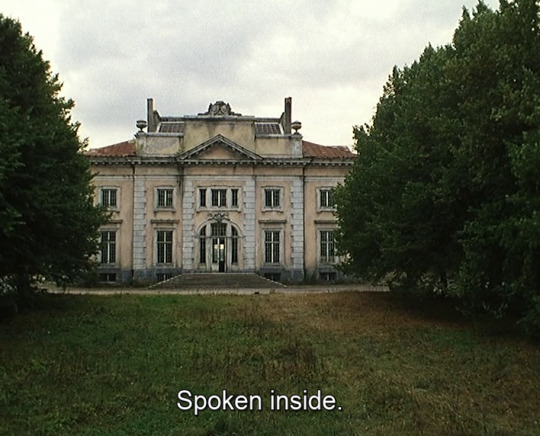
“The House” 1997
365 notes
·
View notes
Text
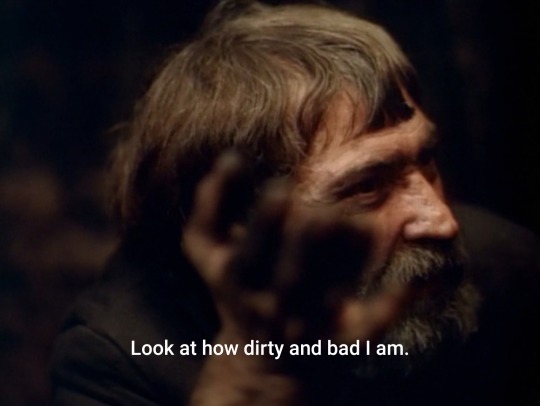
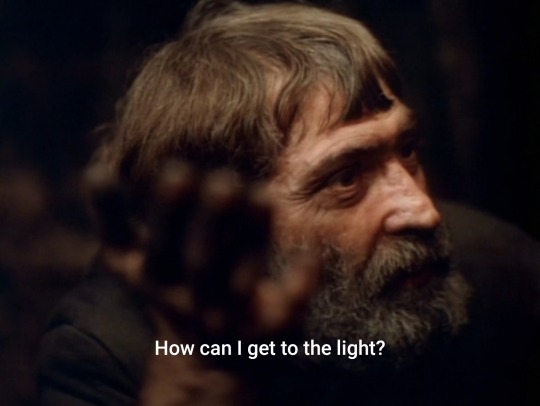
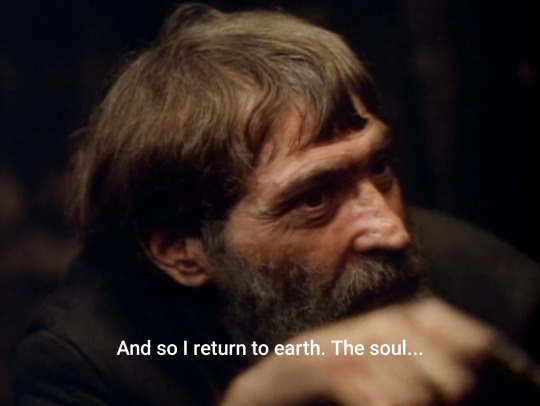
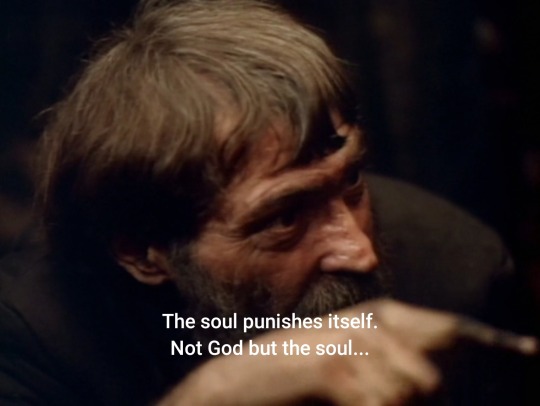
Trys Dienos (1991) dir. Šarūnas Bartas
#trys dienos#sarunas bartas#sharunas bartas#šarūnas bartas#three days#three days 1991#yekaterina golubeva#lithuanian movie#lithuanian film#lithuanian#lithuanian cinema#drama#movie#movies#film#filmtv#filmedit#quotes#movie quotes#movie qoute#dailyfilmsource#mine#my screencaps#movieedit
46 notes
·
View notes
Photo
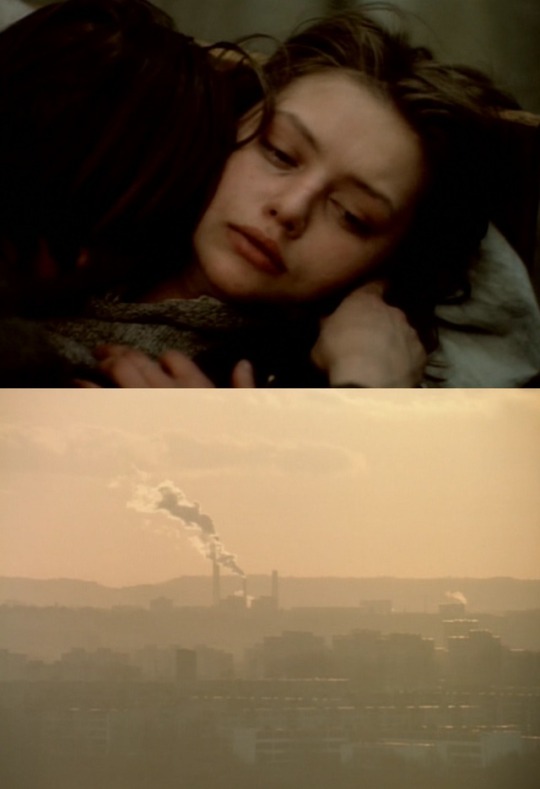
Three Days (Šarūnas Bartas, 1991)
32 notes
·
View notes
Photo
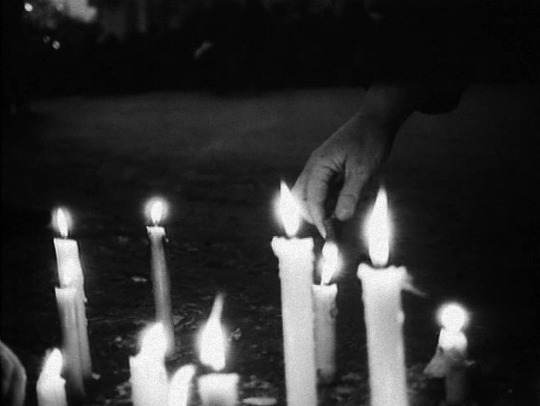
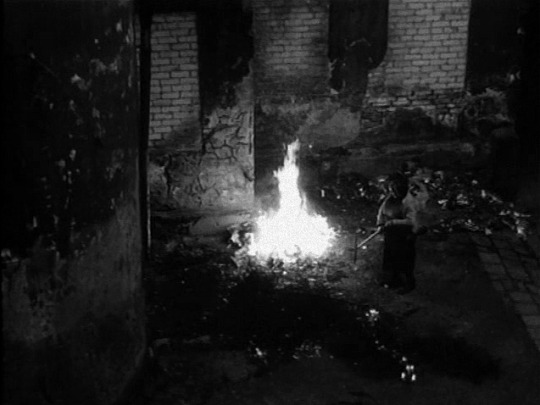
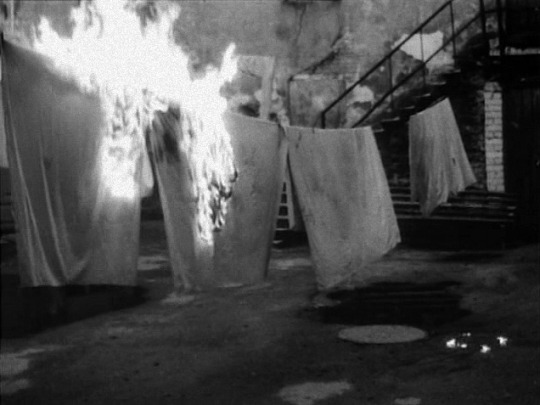
The Corridor (Šarūnas Bartas, 1995)
198 notes
·
View notes
Photo

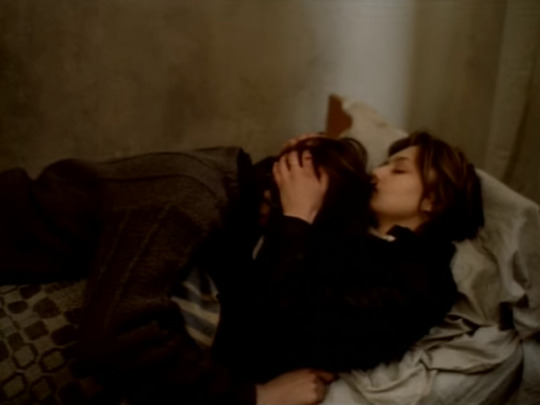
Three Days (Šarūnas Bartas, 1991)
16K notes
·
View notes
Photo

“The alleged episodes, one violent and the other including the ‘Summer of Sangaile’ star, are said to have occurred five years ago.
Two women, one a young Lithuanian actress, have accused award-winning Lithuanian director Sarunas Bartas of sexual harassment and assault.
Julija Steponaityte, a 25-year-old actress and colorist, posted in English on her Facebook page: “I was sexually assaulted by film director Sarunas Bartas five years ago. Five years have passed but it is still present for me this evening, when I write this post. I was keeping it in secret because I though it won’t exist if no one will find out. Please let’s not let it happen again. #metoo”
Steponaityte, who says the director undressed her during the incident but did not have penetrative sex with her, says it was her first sexual experience and as a result it is now harder for her to trust people.
After the actress, who in 2015 played a lesbian teenager in Lithuania’s first LGBT drama The Summer of Sangaille, spoke out, another woman, art director Paule Bocullaite, came forward with further allegations related to the same period.
Bocullaite, who is a winner of Lithuania’s national theater awards, says Bartas, whose film Frost is Lithuania’s official entry for the best foreign-language film category at the Oscars, made an aggressive pass at her in a small cottage in a remote village when the two were working on a film five years ago.
She claims that when she spurned his advances, the director allegedly pinned her to the ground and then threw a bench and a TV set at her. She called her boyfriend and the police. Bartas was, she says, subsequently fined a small amount for “hooliganism.”
Steponaityte, who now works as a colorist at postproduction company Phenomenon Films in London, said she had known the director since she was 11 and was 20 at the time of the alleged assault, when she was invited to a casting at Bartas’ studio in the Lithuanian capital, Vilnius.
“We did some takes, everyone left and I was alone with him,” Steponaityte, who was 20 at the time, told Lithuanian multimedia news agency Nanook.
“We were drinking alcohol,” she continued. “I thought I was very privileged to spend time alone with Sarunas. After a few hours, he took my hand and said that there is nothing wrong with what is happening now, that we are both adults.”
Sarunas, who was 48 at the time, continued reassuring the young woman that they had “no commitments to anyone” and that he “knew” she liked him. “He was very well aware of his authoritative position,” she added.
“He was repeating these words like a mantra and trying to get closer to me. Then he undressed me.”
Steponaityte, who says no penetrative sex took place, added: “At this point it gets hard for me to talk, because I don’t remember a lot of the details. I felt like I left my own body and just let these things happen. But I remember trying to stop him as much as I could. He didn’t enter me.”
The young actress recalls that she stayed overnight with Bartas at his riverside studio, and that “in the morning he tried to do the same, again I tried to stop him.”
At this point she “woke up from the state of shock” and told the director that “what had happened last night shouldn’t have happened.”
After she left, she told a friend what had happened, but did not go to the police as she was afraid and “didn’t fully understand the situation I had gotten into,” she said.
“It was my first sexual experience. It’s hard to tell how it affected me,” she added. “But I feel that it’s hard for me to trust other people. I think it’s because of what I experienced that night.”
Bocullaite, who worked with Bartas as both an actress and art director, says that she made it clear to him that she had a boyfriend and was not interested in his advances.
But when the two were along working together in the remote cabin, Bartas showed up with “a bag full of alcohol” and that she drank a bottle of wine, while he downed a bottle of champagne.
“He started touching my leg. I said I’d better go to sleep. He started to follow me,” she told the Nanook agency. “I once again said that I’m going to sleep and want to be alone.”
But Bartas pressed his attentions on Bocullaite, saying he wanted to tell her something, but only if she “lay down on the bed.”
When she refused, Bartas “started to cry” what she believed were “fake” tears and she laughed at him. At this point the incident deteriorated, she claims.
“He said that I’m not worth anything, that I’m a piece of shit. I said that I can leave at this very minute. It was 5 or 6 o’clock in the morning.”
After calling her boyfriend she began to pack her things, at which point she alleges Bartas grabbed her and forced her to the ground.
“I was trying to break his fingers to let me go. I asked him to stop. He was laughing and saying 'I won’t.’ I told him that he is disgusting, and after these words he let me go.”
It was as she was “rushing to the door” that the director “threw a bench at me. It didn’t hit me,” she said. “I was already outside when he took a TV and threw it at me as well.”
Bocullaite says Bartas pursued her outside and as she ran in the rain toward nearby woods, he got into his car to drive after her. She hid and called the police.
“Later I found out that Bartas was charged 150 litas ($50) for small acts of hooliganism,” she said, adding that she believes the director’s behavior is linked to his professional style. “It seems that Bartas’ methods are to completely wreck a person and then film her or him. This way he manages to film very interesting things. But the price for that is very high.”
Although no formal charges have been filed against Bartas, on Monday authorities in Vilnius issued his company Kinema notice to leave the riverside studios it rents in the city, citing the allegations and the director’s silence in the face of them.
Bartas’ work has been screened in Cannes, Berlin, Toronto, Venice and other top international festivals.
Bartas has not yet responded to The Hollywood Reporter’s request for comment.”
https://www.hollywoodreporter.com/news/lithuanian-director-sarunas-bartas-accused-sexual-misconduct-by-actress-art-director-1060179
23 notes
·
View notes
Photo
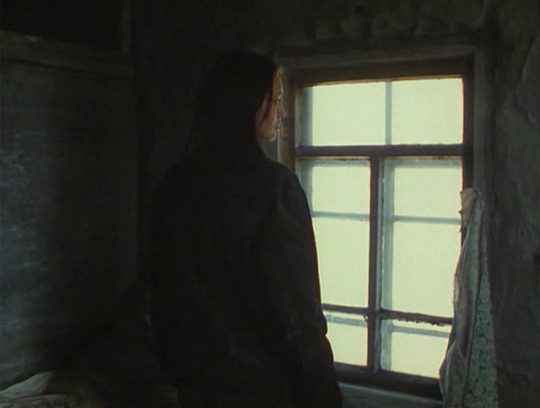
Few of us (Šarūnas Bartas, 1996)
17 notes
·
View notes
Text
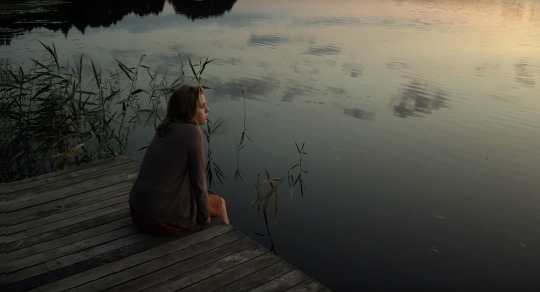
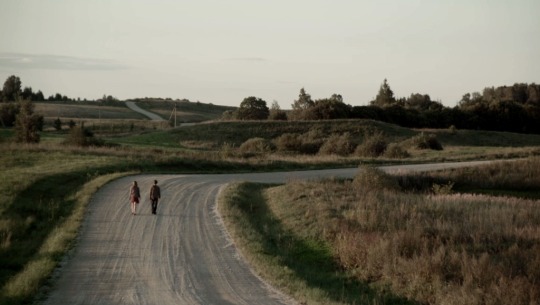
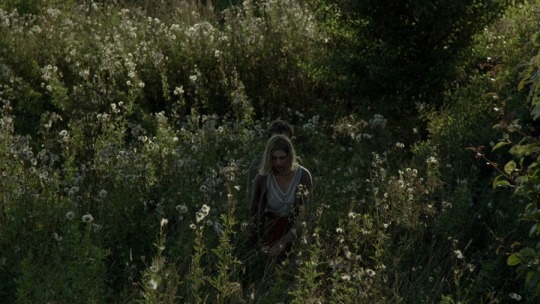
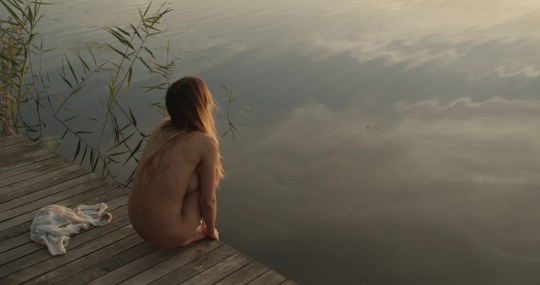
çok küçük hissediyorum neredeyse görünmezim. hareket ettiğimde ise varoluyorum. ama düşünmeyi bıraktığım anda varlığım sona eriyor. kim olduğumu ya da neden var olduğumu bilmiyorum. zihnim boşluktan ibaret. ben bu dünyaya ait değilim.
#peace to us in our dreams#sharunas bartas#sarunas bartas#bize rüyalarımızda huzur ver#film#cinematography
1 note
·
View note
Photo
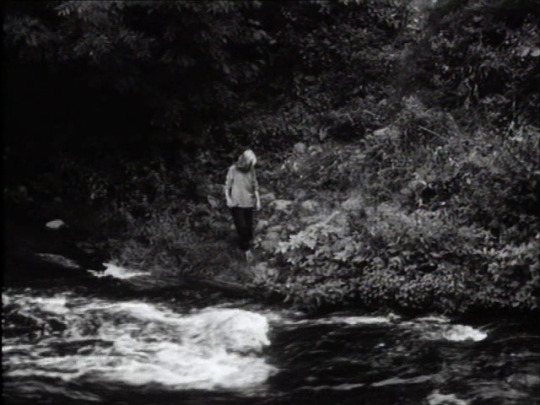
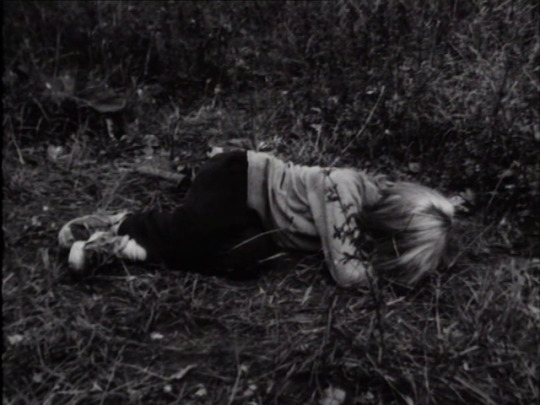
The Corridor (1994, dir. Sarunas Bartas)
470 notes
·
View notes
Text
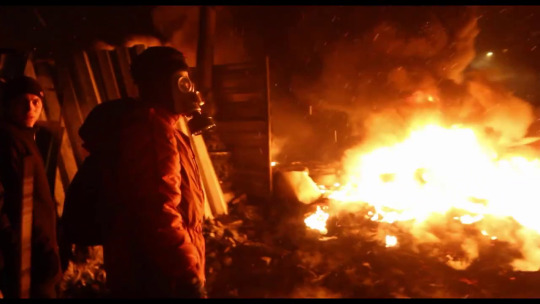
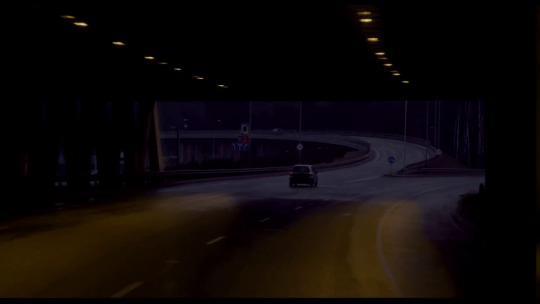
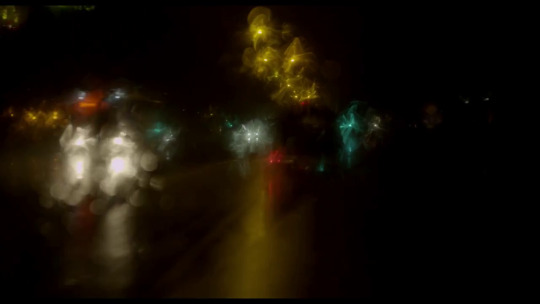
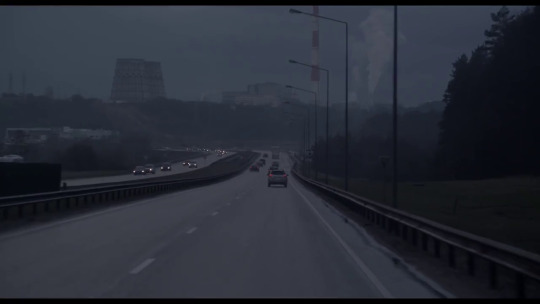
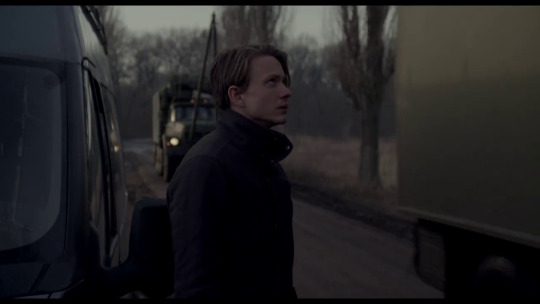
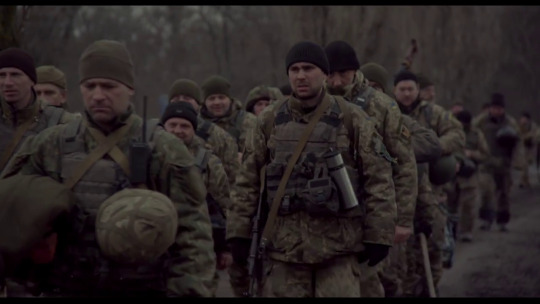
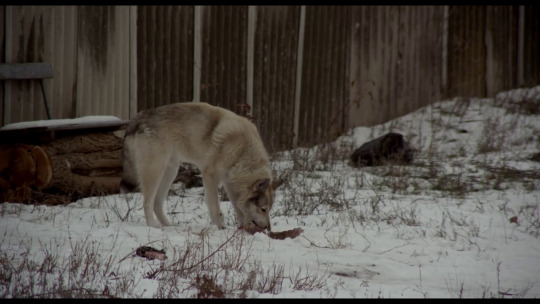
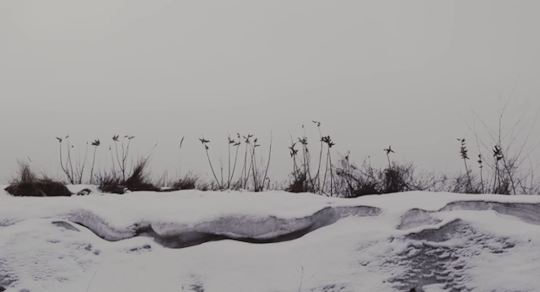

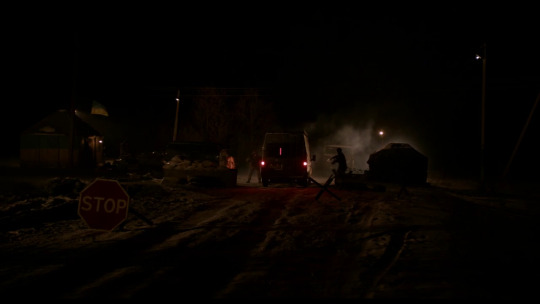
Šarūnas Bartas, {2017} Šerkšnas (Frost)
#film#gif#Šarūnas Bartas#Šerkšnas#sharunas bartas#frost#sarunas bartas#serksnas#2017#landscapes#ukraine#lithuania#poland#france#night#winter#people#dogs#phantom ride#found footage#feature length#male filmmakers#colour#2010s
18 notes
·
View notes
Photo
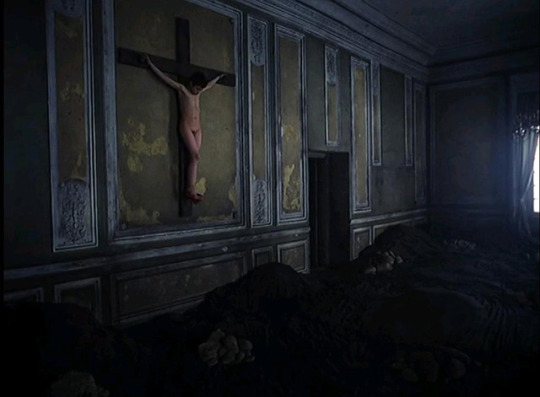
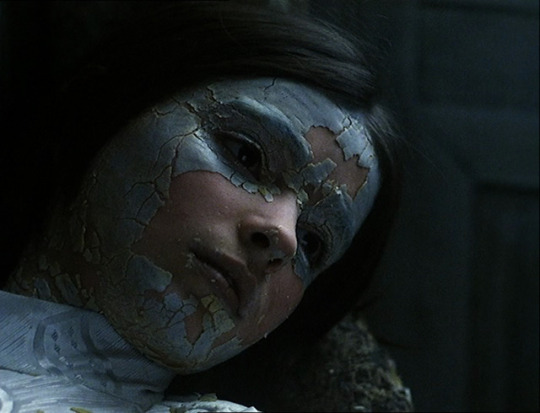
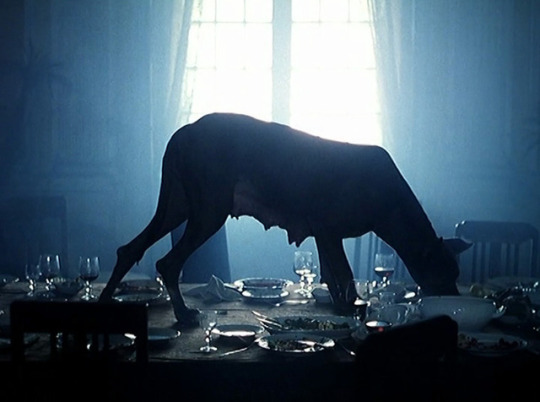
De quoi sommes-nous la somme?*
Leos Carax sui film di Šarūnas Bartas
Il cinema di Šarūnas Bartas è sempre esistito, da che mondo è mondo. Ma noi, dove siamo stati?
Un giovane di oggi, sconosciuto nel suo paese, abbraccia con il suo sguardo i volti, i paesaggi, gli edifici che lo circondano, con un’attenzione e una devozione che salvano il nostro tempo e che rendono possibile essere ancora.
La bellezza dei film di Šarūnas è interamente nel modo in cui questi film si reggono in piedi sul filo vacillante che collega il loro autore, le sue pene e le sue luci, ai dolori e alle luci di tutto il mondo.
Giovani silenziosi… un porto, di guerra o di traffici… uno spazio bianco, immenso e quasi deserto… una ragazza arenata lì, mistero assoluto… una cattedrale devastata… freddo, fuoco, rovine… perforate… un abbraccio infinito… i tetti della città… dei bambini soli come adulti… una donna zoppa che corre intorno al tavolo… un corridoio nudo, e molto vicino, delle facce… ovunque, la fatica terribile del corpo e delle cose… e poi, improvvisamente, la musica, donne e uomini insieme, che danzano e sudano… il tempo di una notte…
Tutte queste immagini di “lì, a est” da qualche parte a metà strada tra Sarajevo e Mosca, tra guerra e “pace”, tra l’oggi e il passato dei secoli, giovani e vecchi come il cinema, Sarunas le cattura con l’attenzione e la generosità di un poeta, non come un oratore troppo ciarliero.
Resistere. Al tempo, alla fame, alla noia, ai nemici, all’isolamento, all’esaurimento delle forze. Ciò che ci opprime è immenso, ma “ciò che resta” è almeno altrettanto grande. Sopravvivere, è questo il problema. E la macchina da presa di Sarunas risponde nell’unico modo dignitoso possibile: non testimonia la miseria, non la rende più presentabile o più rivoltante di ciò che è; sa che la miseria è propria dell’uomo, di ogni uomo, della condizione umana. E se le immagini che cattura sono di un incredibile splendore, è proprio questa consapevolezza che le rende tali.
Scoprire i film di Šarūnas, qui ed ora, è anche riscoprire questo: non ci sono realtà lontane.
Queste persone che annegano lentamente, senza tendere le braccia a nessuno, senza rumore, senza turbolenze, nell’abisso furioso del mondo, non ci vedono. È già troppo tardi. Ma noi, grazie a Šarūnas, li riconosciamo, loro siamo noi.
…
Il mondo è triste, opprimente. Gli uomini si mandano in rovina, vagano e muoiono.
Ma il mondo è bello perché sopravvive, perchè dura.
Sì, il mondo è bello anche dove non cresce nulla, fintanto che alcuni continuano a vivere e a seminare, con l’audacia dei disincantati.
A condizione che l’uomo e la sua macchina da presa siano là, che combattano e amino, al di là di ogni ragionevolezza.
*Titolo di una poesia di Abdulah Sidran.
Estratto tradotto da De quoi sommes-nous la somme? di Leos Carax (Festival de Tours, Derives.tv, 1995)
thank you so much Šarunas Bartas
speakingparts’ recap
#Šarūnas Bartas#great directors#cinema#movies#film#sharunas bartas#sarunas bartas#lithuanian cinema#namai#the house#leos carax#heroes#paulo branco#human being#post mankind#speakingparts recap#De quoi sommes-nous la somme?
23 notes
·
View notes
Text
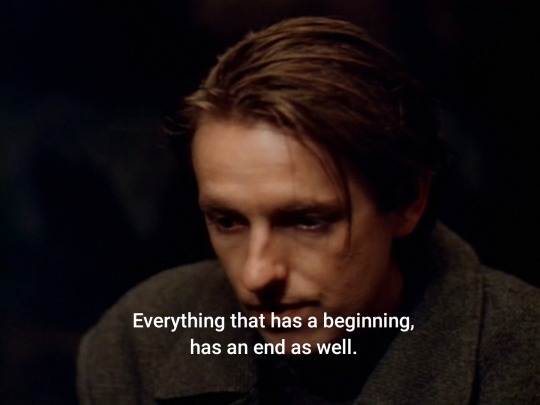
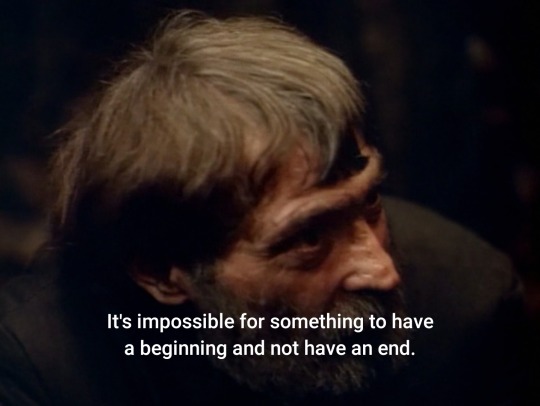
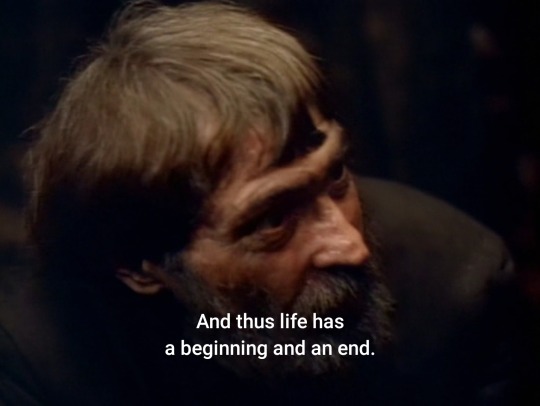
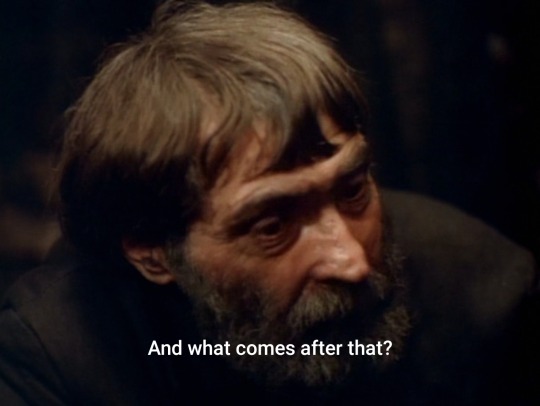
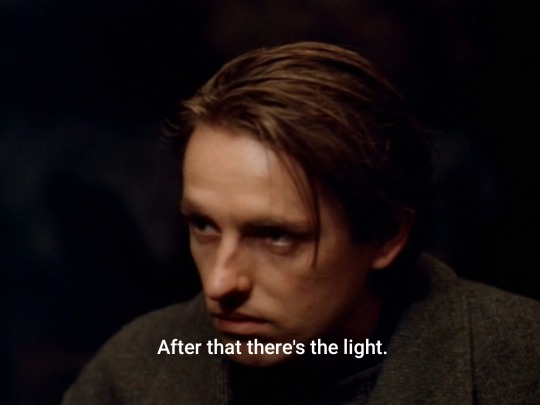
Trys Dienos (1991) dir. Šarūnas Bartas
#trys dienos#šarūnas bartas#sarunas bartas#sharunas bartas#three days#three days 1991#yekaterina golubeva#lithuanian movie#lithuanian film#lithuanian cinema#drama#movie#movies#film#quotes#movie quotes#filmtv#filmedit#dailyfilmsource#mine#my screencaps
12 notes
·
View notes
Photo
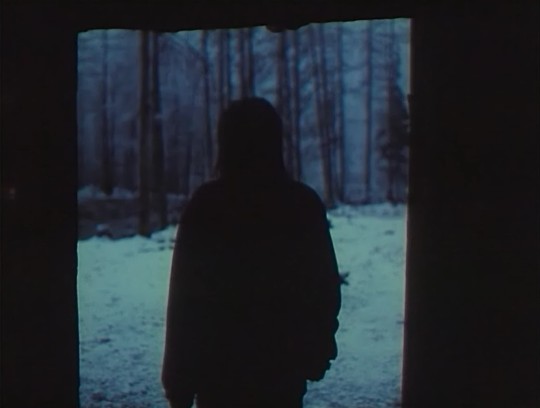
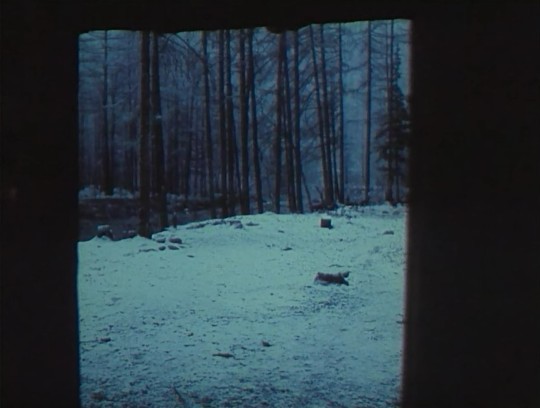
Few of Us/ Sarunas Bartas/ 1996
1K notes
·
View notes
Photo
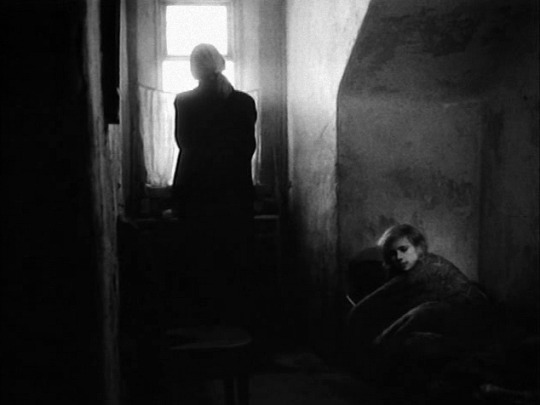
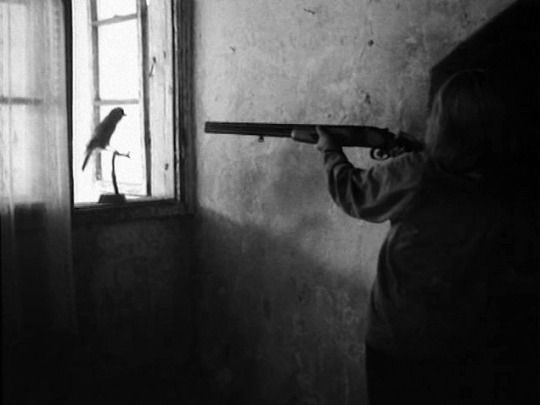
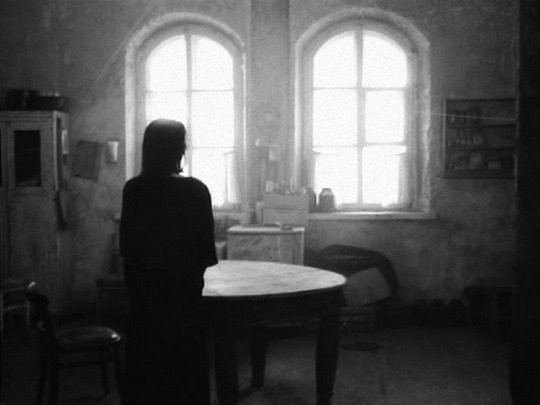
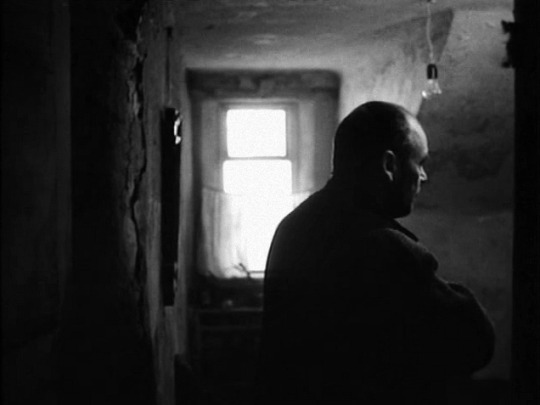
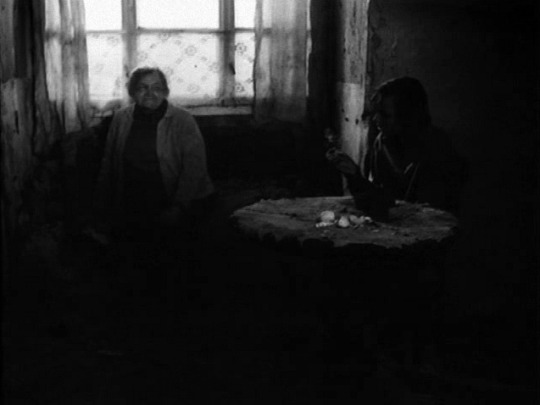
The Corridor (Šarūnas Bartas, 1995)
105 notes
·
View notes